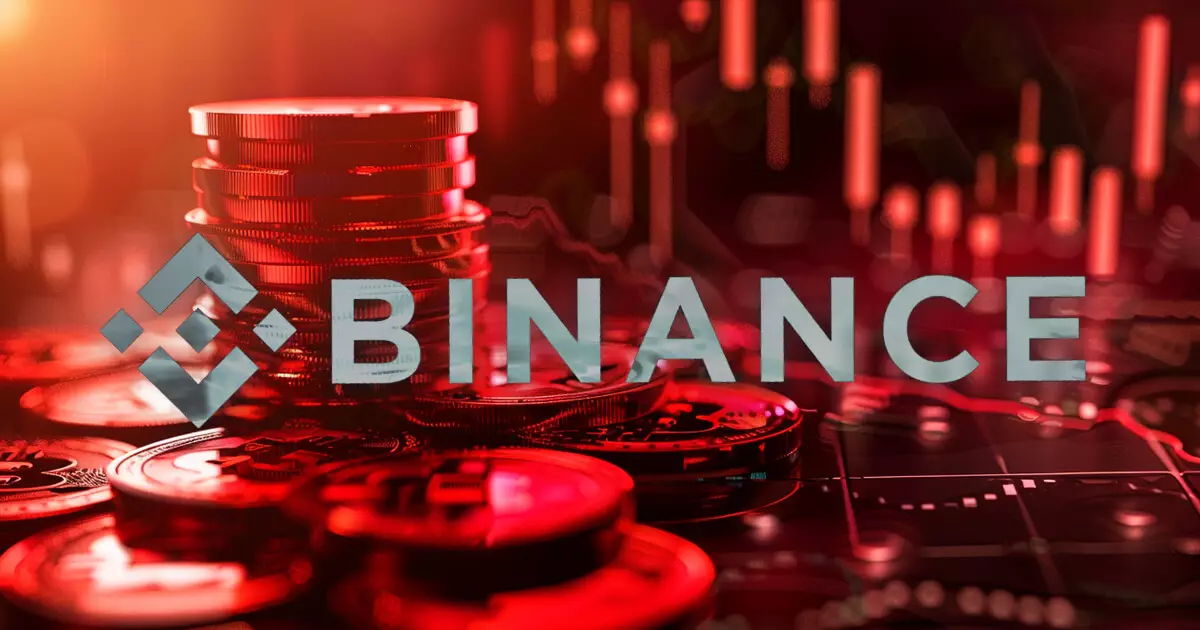The cryptocurrency landscape is no stranger to controversy, but recent events surrounding the listing of Solana-based memecoins such as The AI Prophecy (ACT) and Peanut the Squirrel (PNUT) on Binance have raised serious alarm bells. This move, taken by Binance, the leading cryptocurrency exchange globally by trading volume, appears to have triggered a substantial and rapid increase in the market values of these low-profile tokens. However, these seemingly benign developments have been met with accusations of potential manipulation and unethical trading practices, leading community members to call for scrutiny and accountability.
On November 11, Binance’s decision to list ACT and PNUT heralded a dramatic surge in their market valuations. ACT skyrocketed over 1,000%, achieving a market cap that eclipsed $400 million, while PNUT observed a promising increase of approximately 100%. Such extraordinary fluctuations within the market of these relatively obscure tokens raise questions about the integrity of Binance’s listing practices. Influential figures within the crypto community have pointed out that the exponential growth in value following the listings suggests the possibility of a pump-and-dump scenario—an illicit practice where the price of an asset is artificially inflated before the insiders cash out, leaving unsuspecting investors facing significant losses.
The rising discontent culminated in a petition initiated by Leonidas, a notable co-founder of Ord.io, who called attention to the need for a review of Binance’s tactics concerning memecoins. Leonidas asserted that the exchange’s current listing strategies are inherently flawed, promoting an environment where the interests of retail investors are compromised in favor of a privileged insider class. He critiqued Binance for allowing minimal-activity tokens to gain listings and suggested that the exchange preferentially targets coins with low market caps that are likely held by a select group of insiders. This practice, he argues, enables these insiders to pay large percentages of token supply as listing fees, effectively positioning Binance as a facilitator of potentially unscrupulous financial maneuvers.
Market Manipulation Allegations
Echoing Leonidas’s concerns, Loopify, an influential figure in the crypto games sector, hinted at a broader trend indicating that Binance may be loosening its stringent listing criteria. Historically, Binance has maintained a reputation for being selective about its listed tokens, but recent decisions to list several memecoins suggest a shift in policy. The market response has been swift, with many of these tokens experiencing remarkable price hikes post-listing, an indicator that raises eyebrows among analysts and traders alike.
An evaluation by on-chain analyst Ai_9684xtpa provides further insight into this phenomenon. Their analysis highlighted that 12 out of 15 memecoins listed by Binance in 2024 exhibited significant upward price movements, with a notable concentration of tokens (60%) built on the Solana network. This observation points towards a potential lack of stringent valuation requirements for memecoin listings, suggesting that community enthusiasm and buzz may outweigh fundamental market metrics.
In light of these issues, Leonidas is advocating for enhanced transparency regarding Binance’s listing fees and practices. He is calling for the exchange to publicly disclose details about how listing fees are structured—specifically whether these fees can be paid using tokens. Transparency about these processes could serve to illuminate the true motivations behind Binance’s listing decisions and their implications for retail investors.
As the crypto space continues to mature, the calls for accountability and ethical investment practices resonate more than ever. The memecoin phenomenon, often characterized by fleeting values and speculative trading, poses unique risks, particularly for uninformed investors. Binance’s role as a leading exchange compels it to uphold higher standards of integrity, particularly in an environment susceptible to illegitimate trading practices.
The community’s outcry is a vital reminder of the need for vigilance and accountability in cryptocurrency markets. As investors tread cautiously in an unpredictable landscape, exchanges like Binance must prioritize ethical practices that protect retail investors while fostering a fair trading environment.

